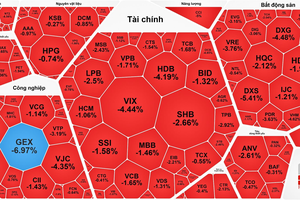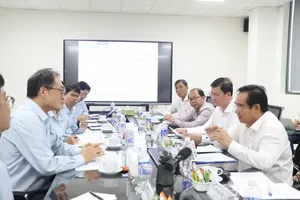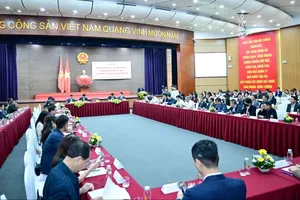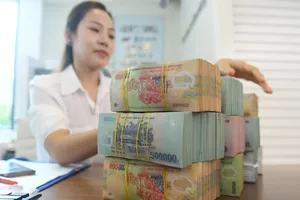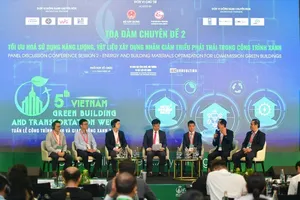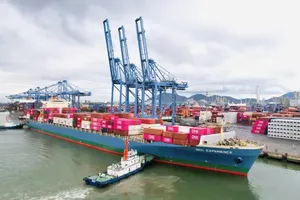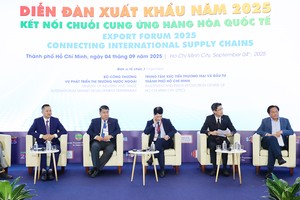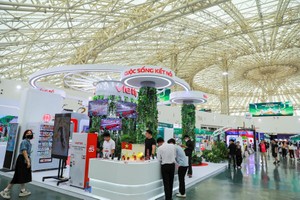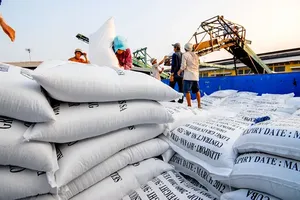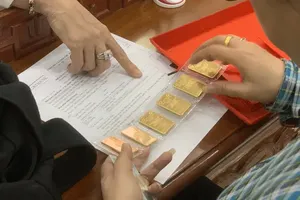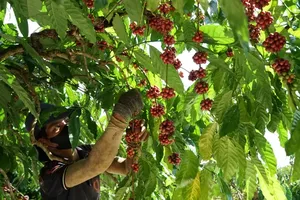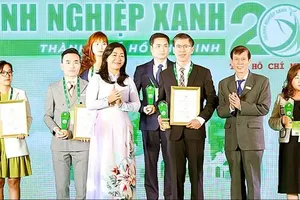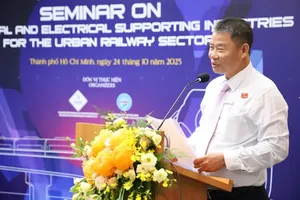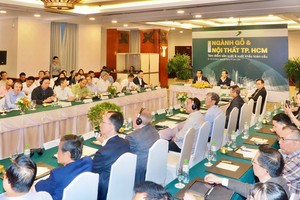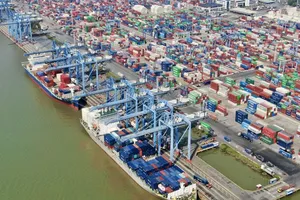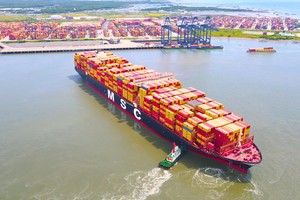Of the amount, nearly $8.5 billion was poured into 451 new projects, up 24.7 percent in value and down 54.2 percent in project numbers year-on-year.
Meanwhile, more than $2.7 billion was added to 263 existing projects, down 10.6 percent and 21.5 percent, respectively.
The remaining investment capital, over $1 billion, was used for capital contribution and share purchases in a total 1,151 transactions.
Foreign investors landed investment in 17 sectors, with processing and manufacturing absorbing the largest amount of capital ($5.2 billion), followed by power generation and distribution ($5.1 billion), real estate ($778 million), and whole sale and retail sale ($464 million).
Among 67 countries and territories having investment in Vietnam in the period, Singapore took lead with $4.8 billion, Japan came second with more than $2.5 billion, and South Korea was the third largest investor with $1.5 billion.
Localities that attracted the most FDI were Long An ($3.3 billion), Can Tho (over $1.3 billion), and Ho Chi Minh City ($1.1 billion).
Minister of Planning and Investment Nguyen Chi Dung has required localities to assess FDI enterprises in terms of environmental protection and transfer pricing. He also urged local administrations to take caution when considering foreign investment projects in steel, aluminum and thermal power.
The minister said that the ministry will work to complete mechanisms with a view to improving business climate for foreign investors, and set up preferential mechanisms to attract investment into the fields of high technologies and source technologies.
